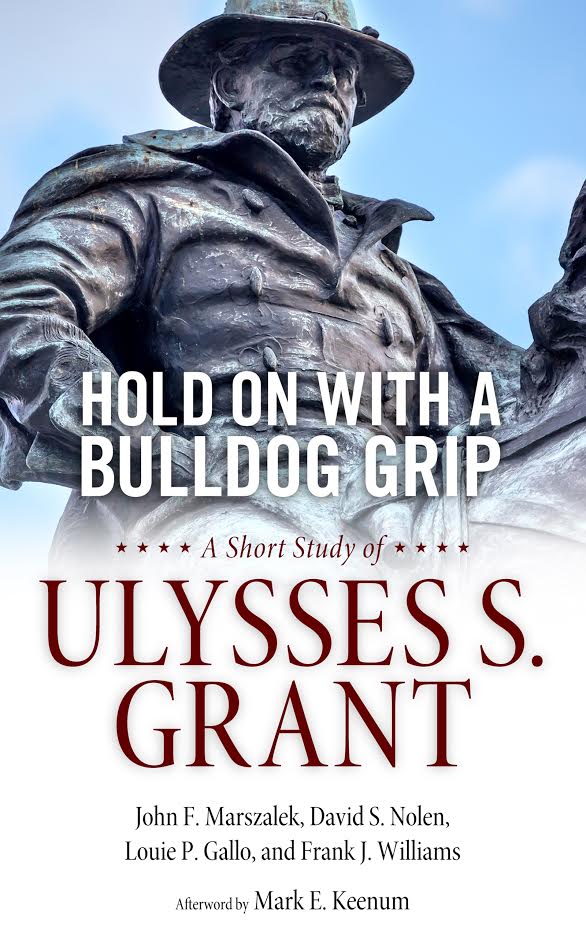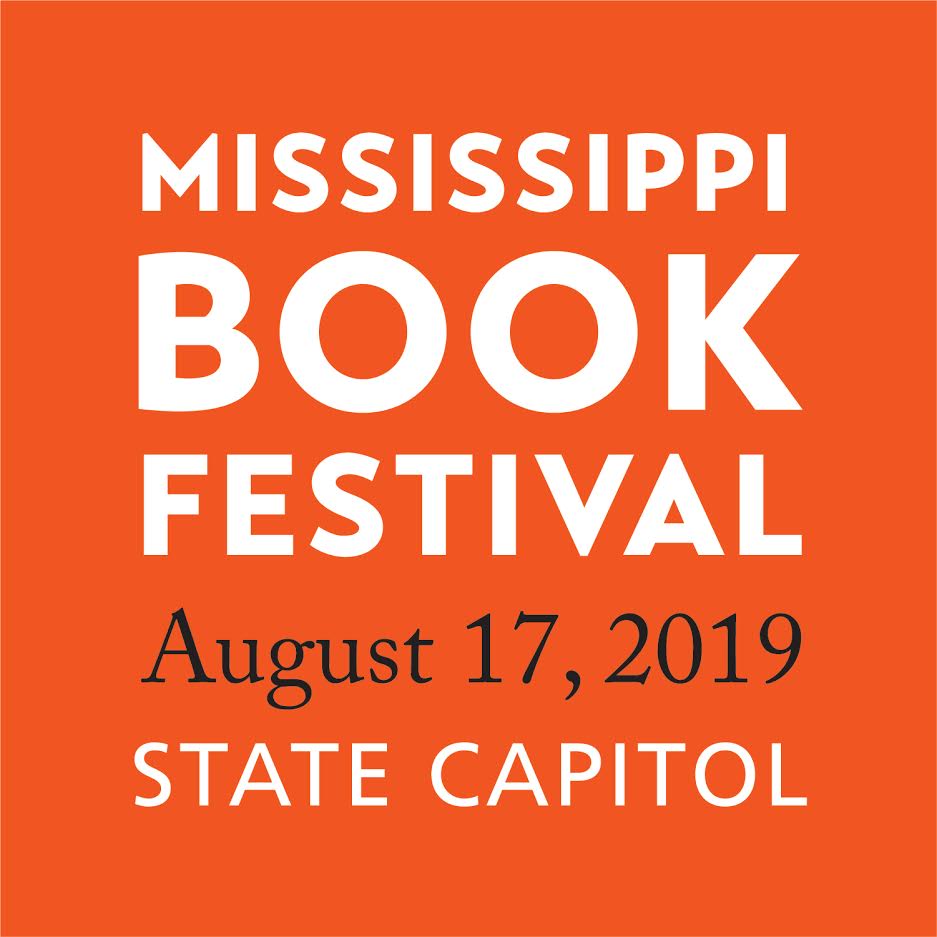By Timothy T. Isbell. Special to the Clarion-Ledger Sunday print edition (June 30)
The book Hold on with a Bulldog Grip: A Short Study of Ulysses S. Grant informs the reader about one of the more intriguing and larger-than-life characters of the American Civil War.
 Co-authored by John F. Marszalek, David S. Nolen, Louie P. Gallo, and Frank Williams, the book is a short biography of Grant and his legacy. In a well written and concise narrative, the authors take turns telling about Grant’s early life, his college days at West Point, and his eventual military and political career.
Co-authored by John F. Marszalek, David S. Nolen, Louie P. Gallo, and Frank Williams, the book is a short biography of Grant and his legacy. In a well written and concise narrative, the authors take turns telling about Grant’s early life, his college days at West Point, and his eventual military and political career.
In his memoirs, Grant expressed his desire not to be a soldier: “A military life had no charms for me, and I had not the faintest idea of staying in the army even if I should be graduated, which I did not expect.” Grant’s fellow cadets such as William Tecumseh Sherman, James Longstreet, George H. Thomas, Don Carlos Buell, and Richard Ewell played a significant role in Grant’s experience in the Mexican War and Civil War.
In the book, the Civil War years reflect on Grant’s victories at Fort Donelson, Fort Henry, Shiloh, Vicksburg, Chattanooga and his ultimate victory at Appomattox. Readers learn of Grant’s philosophy of always moving forward. Grant said, “One of my superstitions had always been when I started to go anywhere, or to do anything, not to turn back, or stop until the thing intended was accomplished.”
Such a philosophy helped Grant win Civil War battles like Shiloh, Vicksburg, and Chattanooga. Each engagement offered serious obstacles that may have forced other generals to withdraw, but Grant stayed the course.
After the first day at Shiloh, Grant’s Union army was pinned against the Tennessee River. Sherman said, “Well, Grant, we’ve had the devil’s own day, haven’t we?” Grant demonstrated his always go-forward mentality, stating “Yes, lick ’em tomorrow though.” This was exactly what Grant did as his army drove the Confederates from the field.
The Civil War period touches on relationships with Abraham Lincoln and the likes of Sherman, David Dixon Porter, and Henry Halleck.
Grant was ahead of his time where the issue of slavery and civil rights were concerned. Grant was staunch in his belief that the Civil War was because of slavery. In his memoirs, Grant said, “The cause of the great War of the Rebellion against the United States will have to be attributed to slavery.”
Grant supported the use of black soldiers in the Union Army. One of the earliest examples of former slaves fighting can be found during the Vicksburg Campaign. Grant used the 11th Louisiana Cavalry to defeat Confederates at Milliken’s Bend, Louisiana.
Grant’s magnanimous gesture to Robert E. Lee at Appomattox helped a war-torn nation to try peace after four bloody years of fighting. Such an effort along with his military record helped put Grant in the White House.
As president, Grant supported passage of the 15th Amendment which granted African American men the right to vote. Although ratified during Grant’s presidency, it took almost a century to totally enact. Southern states used poll taxes, literacy tests, and means of intimidation to keep black people from voting.
Of special note is the afterword by Mark Keenum. The relationship between Grant and Stephen D. Lee is explored. The relationship of these soldiers who fought for blue and gray, who became friends after the Civil War and their eventual relationship with Mississippi State is a nice closing for the book.
For anyone interested in Ulysses S. Grant, the man who struggled to succeed at anything prior to the Civil War, the hero who helped save the Union, president over a war-torn land and determined fighter who beat death long enough to write his memoirs, this is a book to read and enjoy.
A freelance journalist and author of four books from University Press of Mississippi, Timothy T. Isbell was a member of the 2006 Pulitzer Prize-winning Sun Herald newspaper in Biloxi. He received a National Endowment of the Arts/Knight Foundation grant for his study of Mississippi’s Vietnamese community on the Gulf Coast and he’s an inductee in the University of Southern Mississippi Mass Communications Hall of Fame.
John F. Marszalek will appear at the Mississippi Book Festival August 17 as a participant in the Civil War panel at 12:00 p.m. in the C-SPAN/Old Supreme Court Room.



Comments are closed.